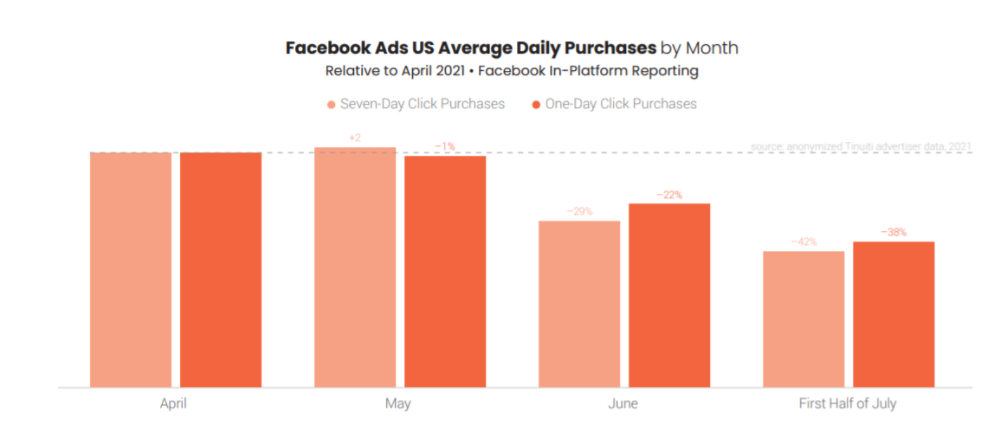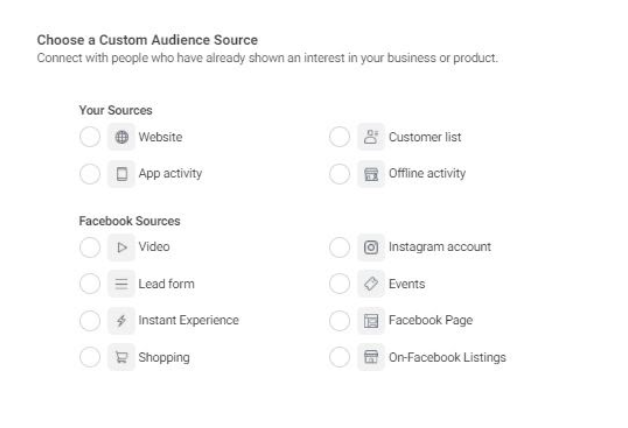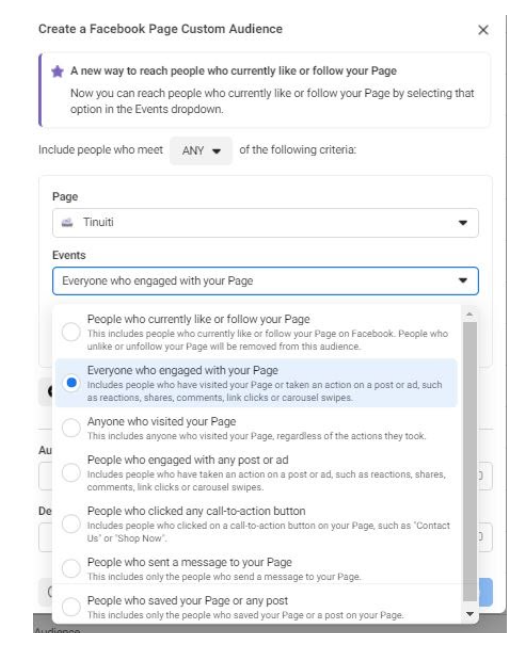How Will IDFA Impact Social App Advertisers? [And Next Steps From The Experts]

Earlier this summer, Apple Inc. shook digital advertisers to the core with the introduction of several new privacy-focused features designed to protect users and their data at the Worldwide Developer Conference (WWDC).
Prior to the iOS 14.5 release, Apple launched AppTrackingTransparency (ATT), preventing mobile apps from tracking users without explicit consent. Now, mobile apps must request and receive permission from users through a pop-up opt-in form to access their device’s IDFA (Identifier for Advertisers).
IDFA is a unique identifier used to target and measure the effectiveness of advertising on a user level across mobile devices without revealing Personally Identifiable Information (PII).
For advertisers, the latest update impacts several key components of the marketing funnel, primarily how marketers collect consumer data and measure media performance. Advertisers and brands need to have a plan of action in place as the privacy landscape continues to evolve.
In this post, we take a look at what’s coming on the horizon and cover what social app marketers need to know about Apple’s latest privacy update, including our expert recommendations for the next steps.
Prior to the latest iOS update, users’ IDFAs were available by default, making it easy for advertisers and app developers to target and retarget consumers, deliver customized advertising, measure mobile campaign performance, and more. Prior to iOS 14.5+, around 30% of iOS users had turned on Limited Ad Tracking across Facebook.
Now, Facebook’s ability to track and report on user behavior, such as purchases following an ad click, is limited for those users that choose to disallow tracking when presented with Apple’s ATT prompt.
According to Tinuiti’s Facebook Ads Benchmark Report [Q2 2021], we’ve seen an impact on Facebook purchase reporting by Apple privacy efforts. Relative to April average daily purchases, advertisers were seeing only 58% as many seven-day click purchases and 62% as many one-day click purchases in the first half of July when looking at purchases in Facebook.

Source: Tinuiti’s Facebook Ads Benchmark Report [Q2 2021]
Note: It’s important for marketers to understand that much of the disparity is a result of purchases that are still occurring but just aren’t tracked and reported in Facebook’s standard ads reporting.
Below we answered additional FAQs on how IDFA will impact Social App advertisers.
As of July 13, 2021, about 75% of United States iOS users have updated their operating system to 14.5 or higher (source). As it related to opt-out rates, AppsFlyer is reporting opt-in rates ranging from 30% to 48% depending on the app vertical and Flurry Analytics’s most recent tracker shows an opt-in of 17% worldwide and 10% in the US (source).
Note: Tinuiti has seen anecdotal evidence of opt-in rates significantly higher than the above. There may be outliers bringing down this overall app average.
According to our data, overall CPMs and CPCs are down compared to pre-iOS 14.5+ levels in April but year-over-year growth continues to remain elevated. Further, certain verticals are seeing increases in upfront costs in July such as Beauty (+15% higher CPMs) & Retail (+12% higher CPCs).
“These increases in upfront costs are due to a number of factors including the country coming out of lockdown as vaccination rates increased, competition in the auction, and privacy changes.”
– Andy Taylor, Director of Research at Tinuiti

Our experts indicate that prospecting audiences continue to grow (which could potentially be a result of Facebook’s algorithm taking more opportunities with expanded reach setting).
In contrast, CRM and website retargeting audiences are steadily dropping.
For example:
“Overall, the decrease in audience sizes are not very consistent between audience types and across brands – many factors are contributing to the decline including user device, browsing type, etc.”
– Liz Emery, Sr. Director, Mobile and Ad Tech Solutions at Tinuiti

Take preliminary social actions.
Optimize your Events Manager setup.
In order to see the most valuable reporting in the UI, ensure primary KPI is ranked first to maximize reporting signals against your top KPI. For brands that prioritize lifetime value, consider testing value bidding. Pro-tip: Value bidding takes four out of the eight conversion event spots within Facebook Events Manager.
As CRM audience sizes decline, consolidate ad sets.
Extreme segmentation is no longer the best approach. By consolidating ad sets, campaigns will receive more conversion signals and exit the learning phase faster. The algorithm is receiving fewer signals, so assets may require more time to exit the learning phase. Avoid making hasty creative refreshes and optimizations to fully understand performance.
Lead Ads will help grow active and opted-in users so you can reach cross-channel. Test on-Facebook audiences to gauge efficacy to see if they can be part of BAU (see below):


Since year over year comparisons to bottom line metrics will be tough, (including halo analyses, brand lift, Performance Branding) we recommend looking beyond the last click.
Invest in App Campaign optimizations.
With retargeting audience sizes decreasing and costs rising, running strictly re-engagement on expensive in-app events will be inefficient. Having a strong prospecting & app install strategy will be more important to driving efficiency. Expand to other social platforms and have a strong measurement plan in place to show paid social upper-funnel value as well as cross-channel value. Consolidate iOS14.5-targeting campaigns to stem any impact from performance volatility.
Pro-tip: Moving to Automated App Ads within Facebook can help reduce costs by 10% to 15% once campaigns exit the learning phase.
Tip 1: Break out audiences by operating systems on mobile to see how performance tracks; using those behavioral insights to inform additional audience opps.
Tip 2: Introduce mid-funnel campaigns optimizing towards site traffic or higher funnel purchase signals. Upper and middle-funnel campaign signals often occur on platform and are more robust compared to offsite events.
Tip 3: Expand to other Social channels and take advantage of lower CPMs on platforms outside of Facebook/Instagram. While other platforms are affected by iOS14.5 also, we know that Snapchat, Pinterest, Tiktok & Reddit are influential in driving mid-funnel objectives. Now is the time to test into them with the right form of measurement to understand true business impact.
Tip 4: Experiment with the language used in the ATT prompt. Some brands have experimented with pre-prompts as a way to further explain the value in opting in and getting users to share their IDFA. Your mileage may vary, but it’s worth testing. Need some ideas, head over to attprompts.com to see examples of how others have implemented pre-prompts and language in the ATT prompt.
“Apple continues to tinker with SKAdNetwork, with 3.0 released alongside iOS 14.6. The commitment to SKAdNetwork shows that Apple is looking to improve features for developers and advertisers. Of course, this also means that Apple could take things away. Watch this space. iOS15, iPadOS 15, and macOS are bringing a slew of new privacy features in the fall. Stay tuned.”
– Nirish Parsad, Practice Lead for Privacy, Identity & Martech at Tinuiti

Find out what you need to know about new restrictions, cookies, IDFA, first-party data, and all things privacy from our Tinuiti experts in “The Future of the Web” hub.
